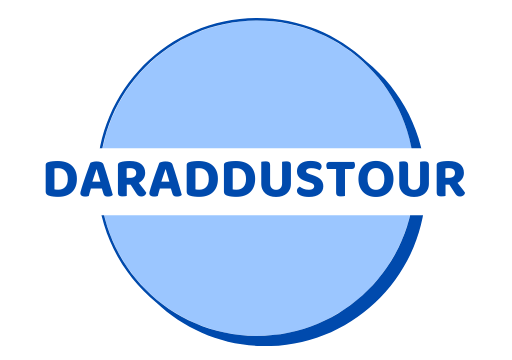In today’s digital landscape, measuring the impact of your marketing efforts is no longer optional—it’s essential. Marketing analytics tools provide the insights needed to understand campaign performance, optimize strategies, and demonstrate ROI to stakeholders. This comprehensive guide explores the top tools that can transform your marketing measurement approach.
Understanding Marketing Analytics Fundamentals
Before diving into specific tools, it’s crucial to grasp the core concepts that drive effective marketing measurement. The Marketing Play begins with establishing what you want to measure and why. Without clear objectives, even the most sophisticated analytics tools will provide little actionable value. Marketing metrics serve as breadcrumbs left by your campaigns, helping you determine what resonated with your audience and what fell flat.
Key metrics every marketer should track
Successful marketing measurement revolves around tracking the right Key Performance Indicators (KPIs). These typically include Click-Through Rates (CTR) to assess content engagement, Marketing Return on Investment (ROI) to evaluate financial impact, Customer Acquisition Cost (CAC) to understand the resources required to gain new customers, and Customer Lifetime Value (CLV) to project long-term customer relationships. Beyond these fundamentals, marketers should monitor brand awareness metrics, engagement rates, and sentiment analysis to gain a holistic view of campaign performance.
Setting up proper measurement frameworks
Establishing a robust measurement framework ensures consistent evaluation across all marketing initiatives. This framework should align with business objectives while remaining flexible enough to accommodate different campaign types. The evolution of marketing success measurement has expanded beyond revenue and sales lift to include building loyalty, creating brand advocates, enhancing brand image, and improving consumer sentiment. By defining clear goals and corresponding KPIs at the outset, marketers can effectively assess whether campaigns are meeting their intended objectives.

Google Analytics: The Foundation of Digital Measurement
Google Analytics stands as the cornerstone of digital marketing measurement, offering comprehensive insights into website traffic and marketing effectiveness. As a free tool with powerful capabilities, it’s no surprise that Google Analytics maintains a strong 4.5/5 star rating based on over 6,000 reviews. While the enterprise version, Google Analytics 360, comes with a significant price tag of approximately $50,000 annually, the standard version provides robust functionality for most businesses.
Leveraging audience insights and behavior flow
Understanding your audience goes beyond basic demographics. Google Analytics provides detailed information about how users interact with your website, including which pages they visit, how long they stay, and the paths they take through your site. This behavior flow analysis helps identify potential bottlenecks in the user journey and opportunities for optimization. By segmenting audiences based on their behavior, marketers can create more targeted campaigns that speak directly to specific user needs and preferences.
Custom reporting and dashboard creation
The true power of Google Analytics emerges when marketers create custom reports and dashboards tailored to their specific needs. Rather than wading through the platform’s extensive default reports, custom dashboards bring the most relevant metrics to the forefront. These can be shared with stakeholders to provide clear, actionable insights without overwhelming them with data. Creating conversion funnels within the platform allows marketers to track user progression toward desired actions, making it easier to identify where potential customers drop off in the process.
Beyond Google Analytics, the marketing analytics ecosystem offers numerous specialized tools. Ahrefs has established itself in the SEO space since 2010, helping marketers identify and fix over 170 SEO-related issues. Hotjar provides valuable user behavior analytics through session recordings and heatmaps, starting at $39 per month. For social media measurement, Hootsuite offers comprehensive management and analytics capabilities, while Mailchimp remains a popular choice for email marketing analytics with paid plans starting at $20 per month.
For more sophisticated analytics needs, platforms like Mixpanel provide deep insights into user behavior with a strong 4.6/5 star rating from over 1,100 reviews. Data visualization tools such as Tableau, starting at $35 per user per month, transform complex marketing data into interactive dashboards that make insights accessible to all stakeholders. The selection of appropriate tools should always align with specific marketing goals, considering features, pricing, and integration capabilities with existing systems.







